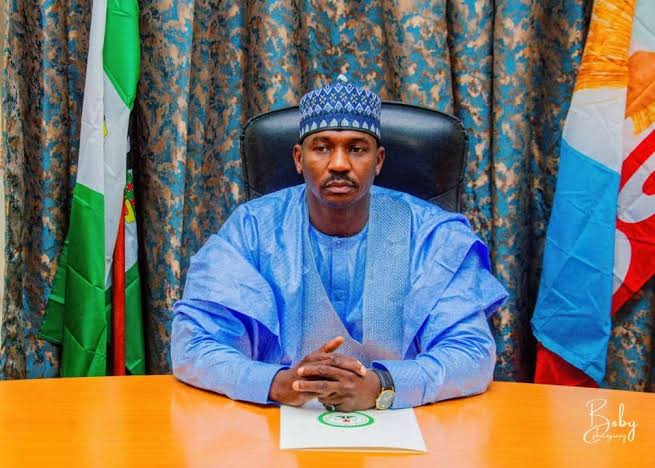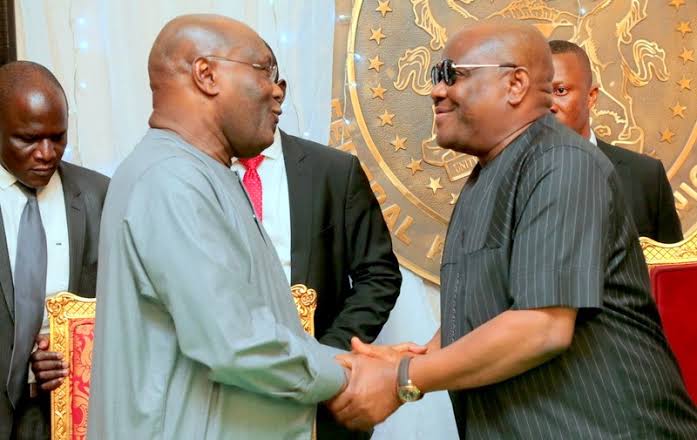Kristalina Georgieva, the managing director of the International Monetary Fund (IMF), has highlighted that the declining trust between nations is contributing to escalating global trade tensions, which poses a risk to economic growth.
Gatekeepers News reports that in her remarks made on Thursday prior to the publication of the IMF’s latest World Economic Outlook (WEO), she noted the consequences of increasing skepticism regarding the international economic system. Georgieva emphasised that the rising trends of protectionism, national self-interest, and a focus on strategic autonomy are significantly impacting the global economy.
“Trade tensions are like a pot that was bubbling for a long time and is now boiling over,” the economist said.
“To a large extent, what we see is the result of an erosion of trust—trust in the international system, and trust between countries.”
Georgieva said the world economy is suffering from an “off the charts” level of uncertainty, as countries retreat into economic nationalism and disrupt decades of trade integration.
The managing director warned that the ripple effects of tariffs, subsidies, and “political brinkmanship are stifling investment, fueling inflation, and threatening long-term productivity”.
“Uncertainty is costly. Ships at sea don’t know which port to sail to. Investment decisions are delayed. Financial markets remain volatile,” she said.
She cited recent data which shows a sharp increase in the US effective tariff rates, while non-tariff trade barriers are being introduced at a growing pace in major jurisdictions.
“As the giants face off, smaller countries are caught in the crosscurrents,” she said, noting that emerging markets and low-income economies are particularly vulnerable to external shocks, tighter financial conditions, and declining aid flows.
Georgieva said in a multi-polar world, national security has become a key driver of trade policy. “Where things are made may matter more than how much they cost. Self-reliance is staging a comeback”.
“Protectionism erodes productivity over the long run. Shielding industries from competition reduces incentives for efficiency and innovation,” she added.
But despite the pressures, the economist said the IMF does not foresee a global recession in its new projections.
Georgieva, however, said the lender expects “notable markdowns” to growth forecasts and upward revisions to inflation in several economies.
“Earlier this month, we saw unusual movements in some key bond and currency markets,” she said.
“Such movements should be taken as a warning. Everyone suffers if financial conditions worsen.”
Georgieva urged countries to focus on domestic reforms, fiscal responsibility, and structural rebalancing to improve resilience and reduce imbalances.
She said internal and external macroeconomic rebalancing — such as encouraging domestic consumption in China, fiscal integration in the EU, and deficit reduction in the US — are key to global stability.
She said there is a need for cooperation in an increasingly fragmented world.
“We need a more resilient world economy, not a drift to division,” Georgieva said.
“Trade policies must deliver a more level-playing field and cushion the blows for those who lose out.
She added that distributional policies are a bridge between good economics and good politics.







